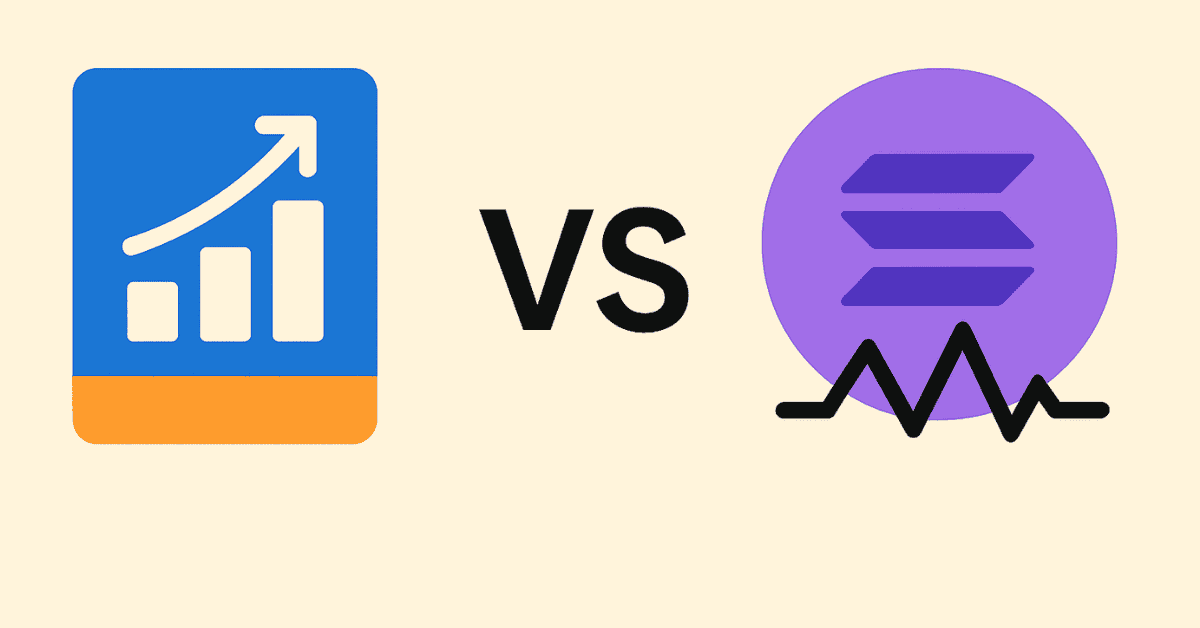
VanEck JitoSOL ETF: Yield Vs Solana Price Debate
VanEck JitoSOL ETF Sparks Debate: Staking Yield vs Solana Price Volatility
VanEck has filed for the first-ever Solana ETF in the U.S., fully backed by liquid staking tokens (LST) through JitoSOL. The move reignites debate over whether staking yield or Solana’s price action matters more for long-term investors.
VanEck Introduces JitoSOL ETF Backed by LST
VanEck, a pioneer in digital asset exchange-traded funds (ETFs), has submitted its filing to the SEC for the VanEck JitoSOL ETF. If approved, it would become the first U.S. ETF backed entirely by a Liquid Staking Token (LST).
This marks a new milestone in bringing staking-based financial products into regulated markets, offering institutional investors clearer access to Solana.
The Debate: Yield vs Price Action
The filing immediately sparked discussion among analysts and investors:
- Short-term traders focus on volatility, noting that SOL once gained 13.6% in a single day—while daily staking yield was only around 0.02%.
- Long-term asset managers emphasize compounding yield. Matthew Sigel, VanEck’s Head of Digital Assets Research, argued that while yield won’t protect against sharp declines, it provides compounding power over time, helping stakers outperform non-stakers when markets recover.
SEC and the Opening for LST ETFs
Jito Labs, the protocol behind JitoSOL, revealed that it worked with the SEC for over 8 months to establish a clear legal framework for liquid staking tokens.
SEC’s 2025 guidance officially recognized LSTs as technical receipts representing staked assets plus rewards, paving the way for compliance.
According to Jito Labs CEO Lucas Bruder, a 100% staked ETF offers:
- Transparent liquidity
- Clean NAV mechanisms
- Investor-friendly economics
- Stronger network alignment
Implications for Solana and Institutional Adoption
For VanEck, the JitoSOL ETF is part of a broader strategy to integrate staking economics into traditional investment products. With Solana gaining traction as an institutional-grade blockchain, such an ETF could combine yield, liquidity, and regulatory compliance in one package.
Whether investors prioritize staking yield or raw price performance, the filing highlights how staking-based products are steadily moving into mainstream regulated finance.
Disclaimer: The content above reflects the author’s personal views and does not represent any official position of Cobic News. The information provided is for informational purposes only and should not be considered as investment advice from Cobic News.